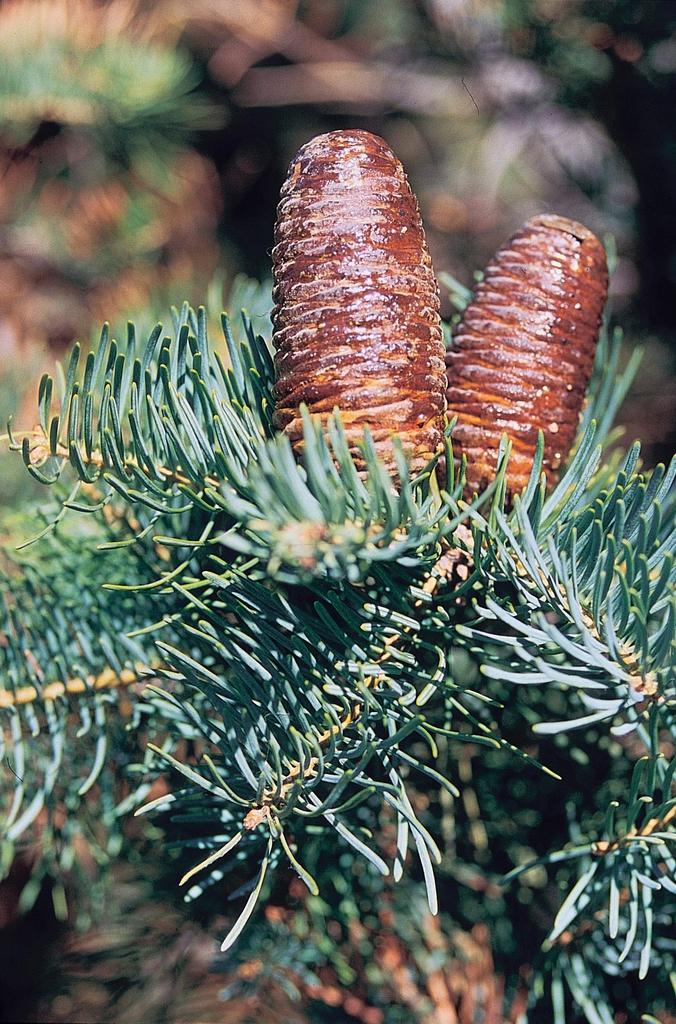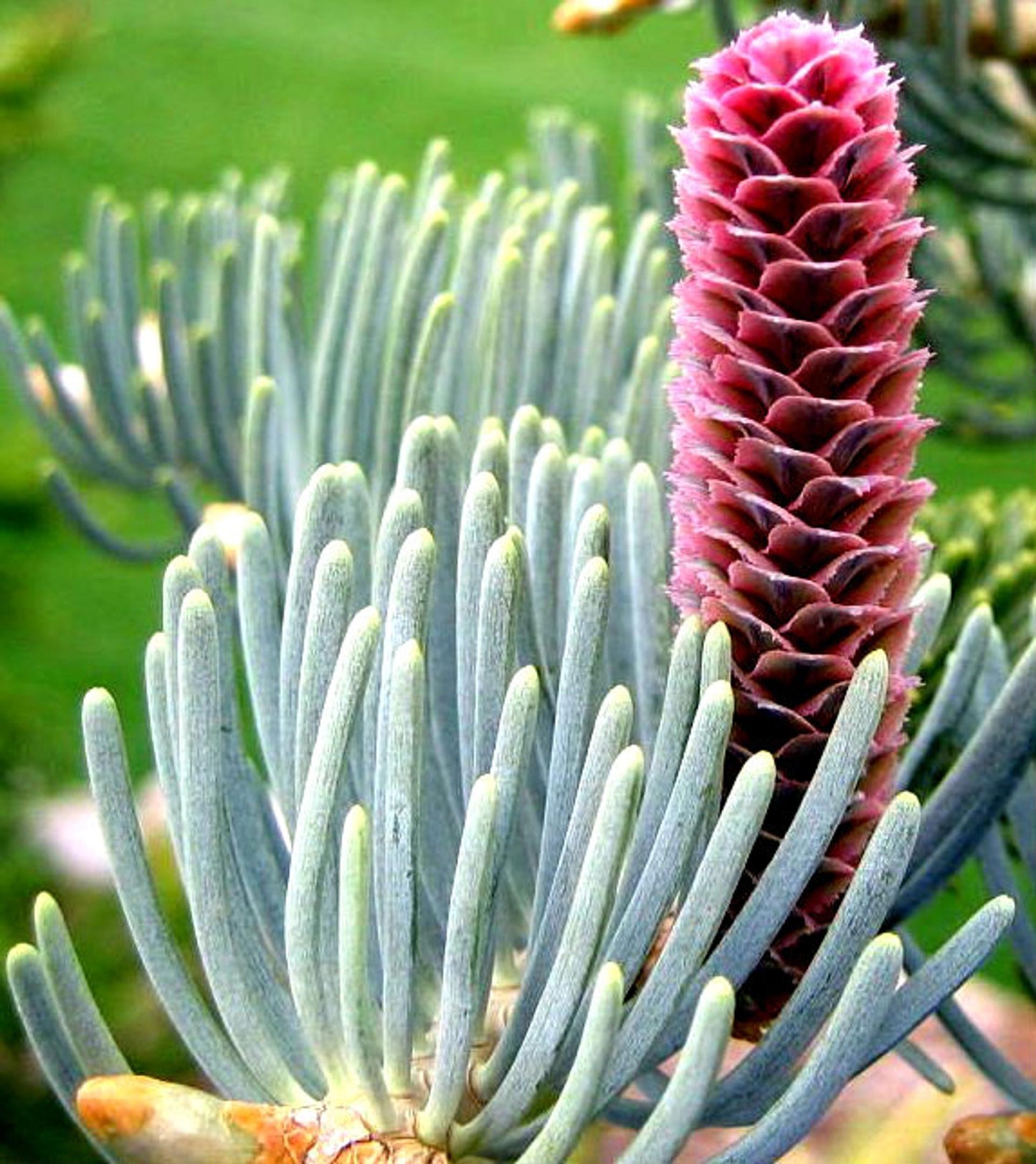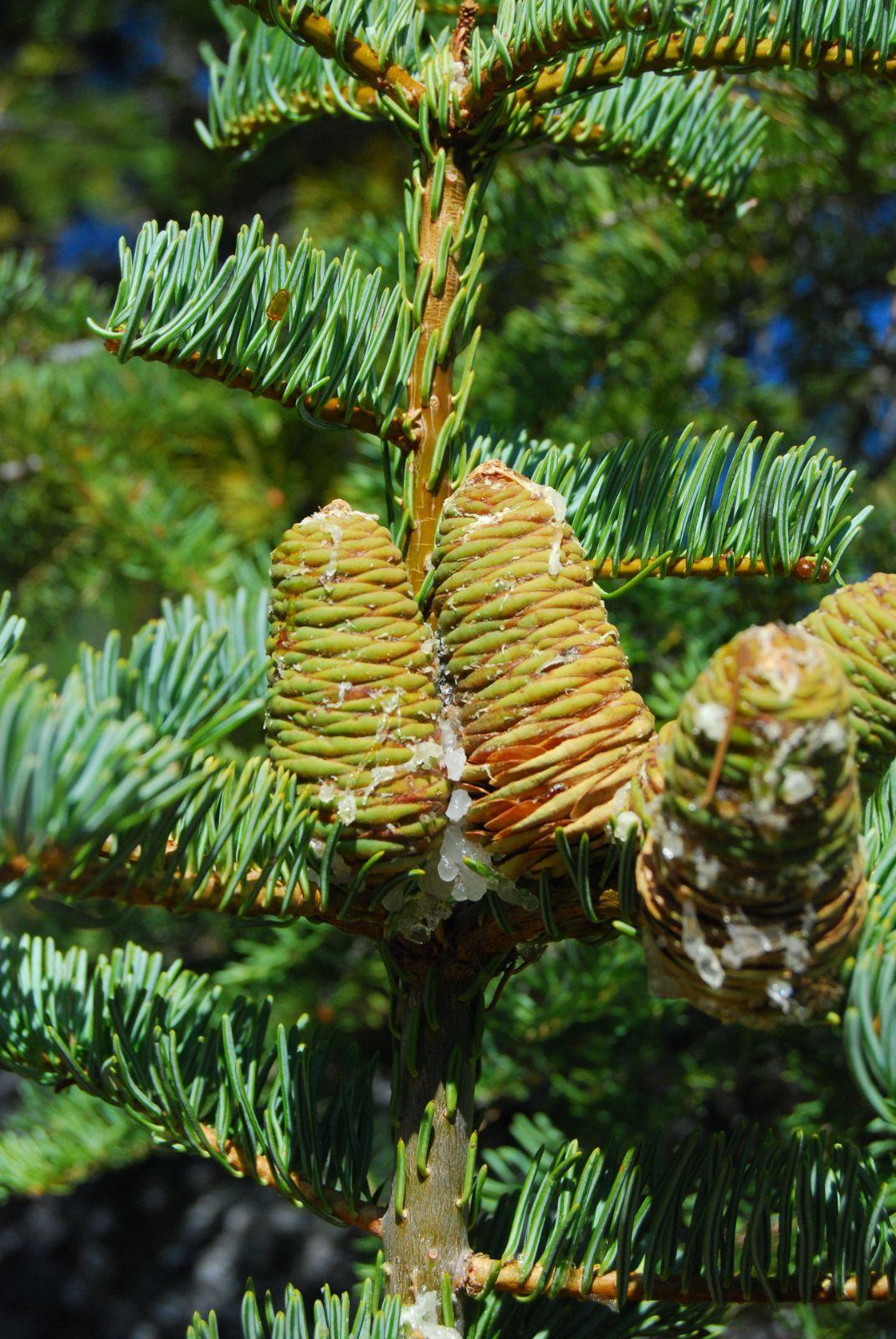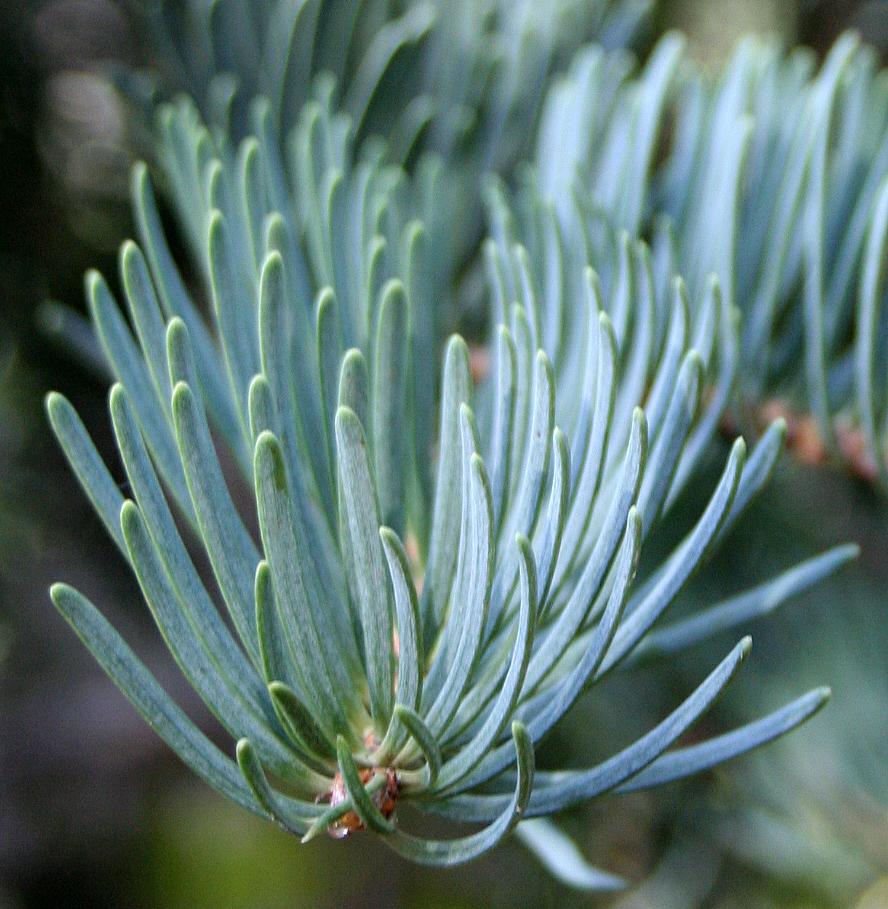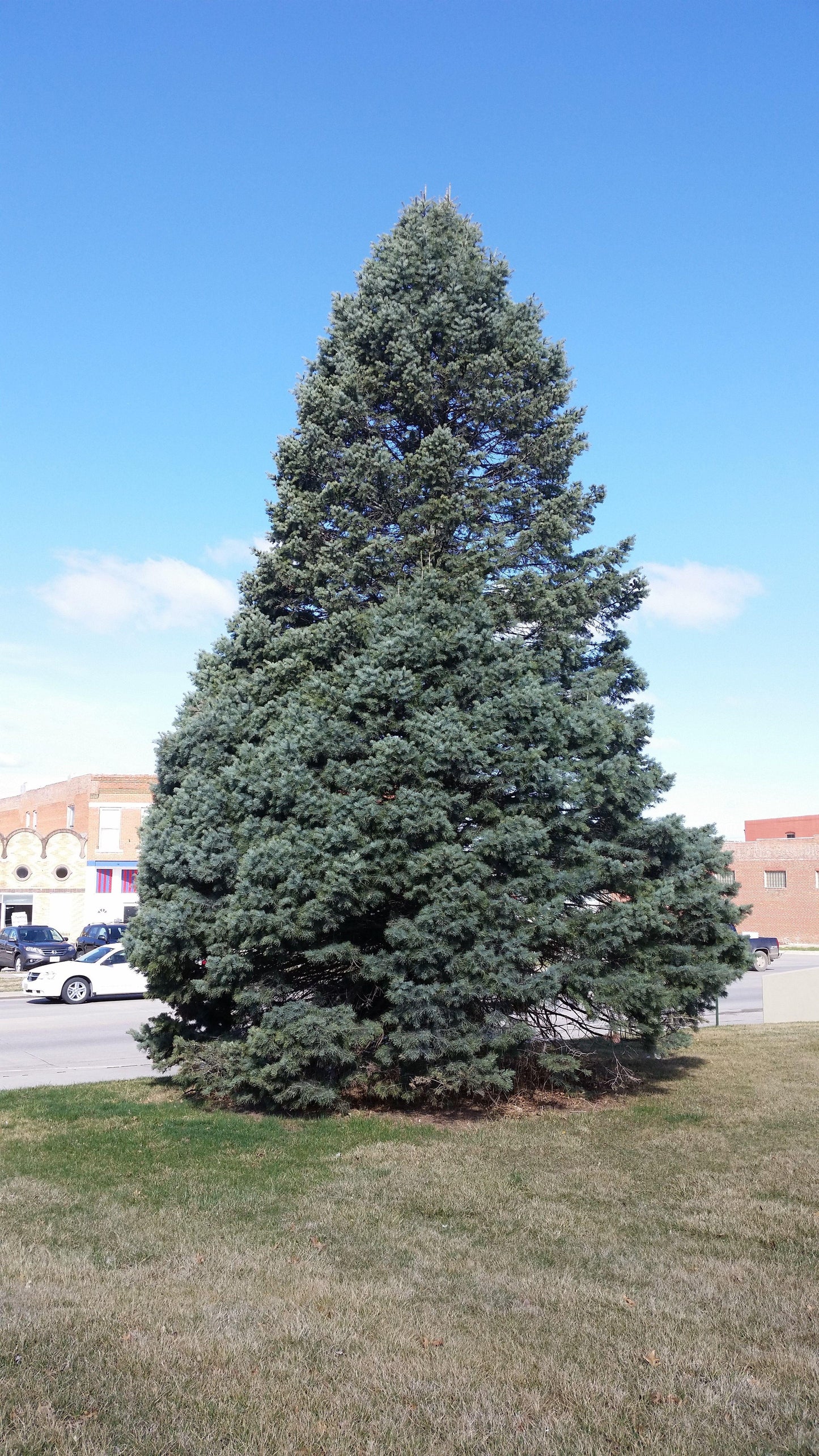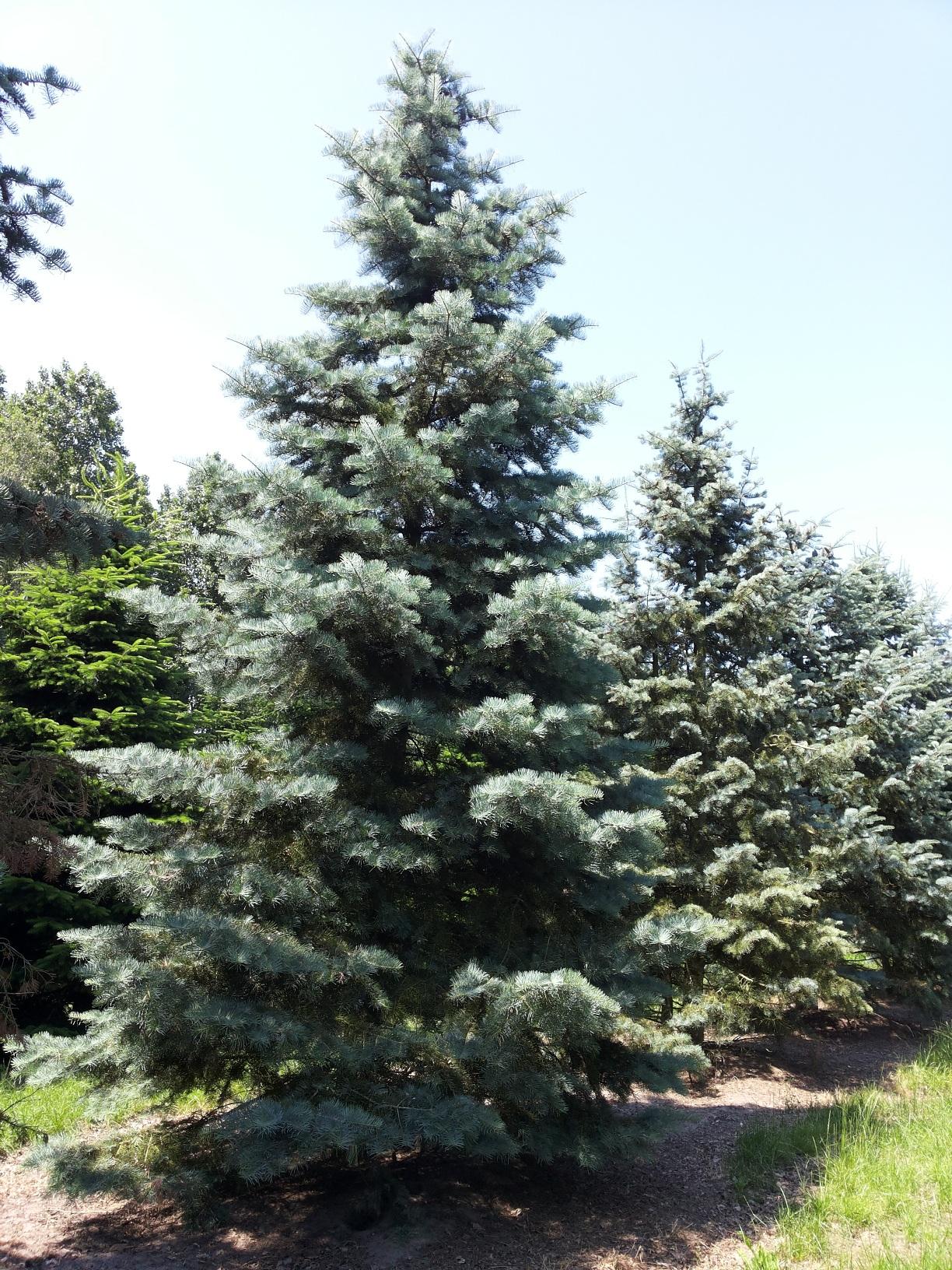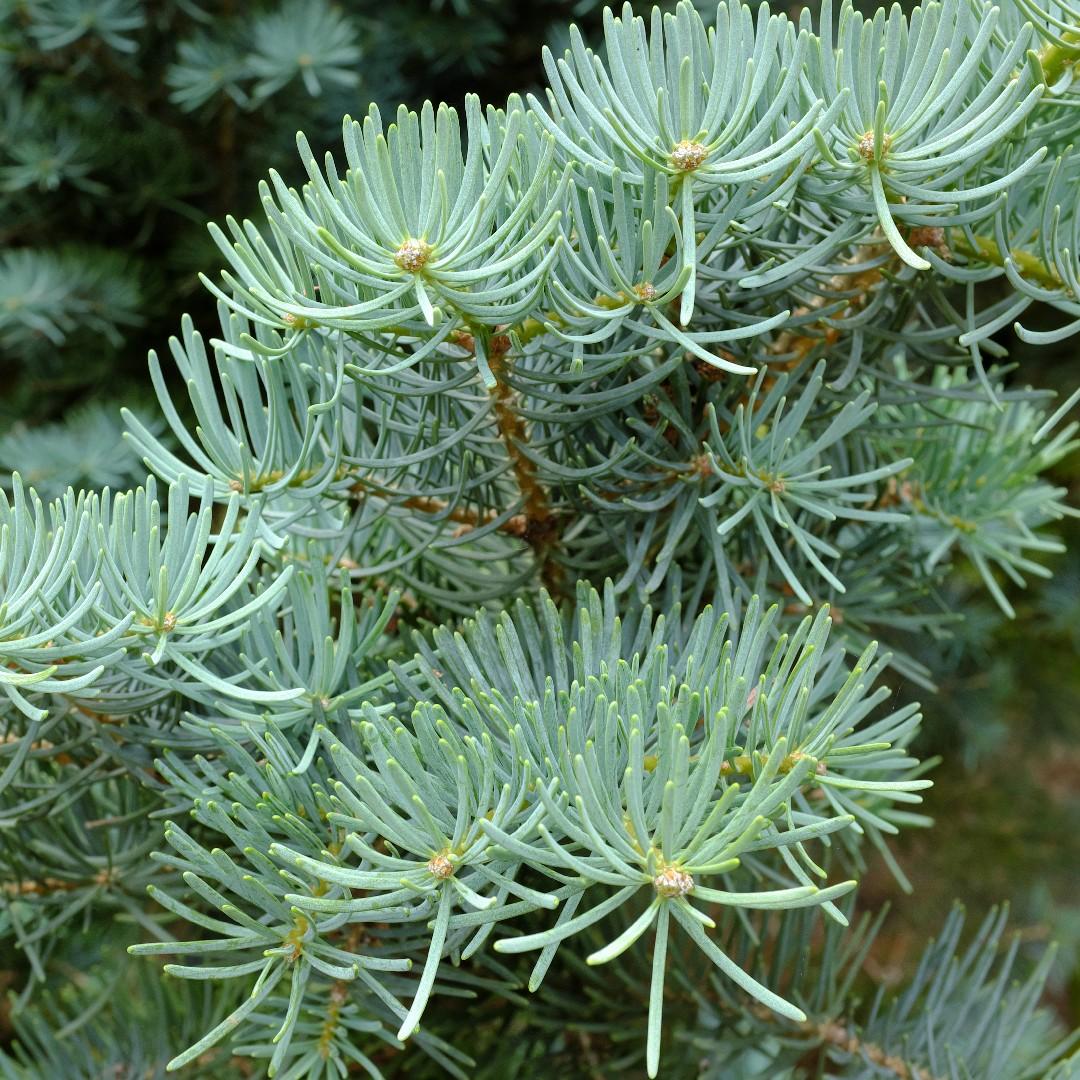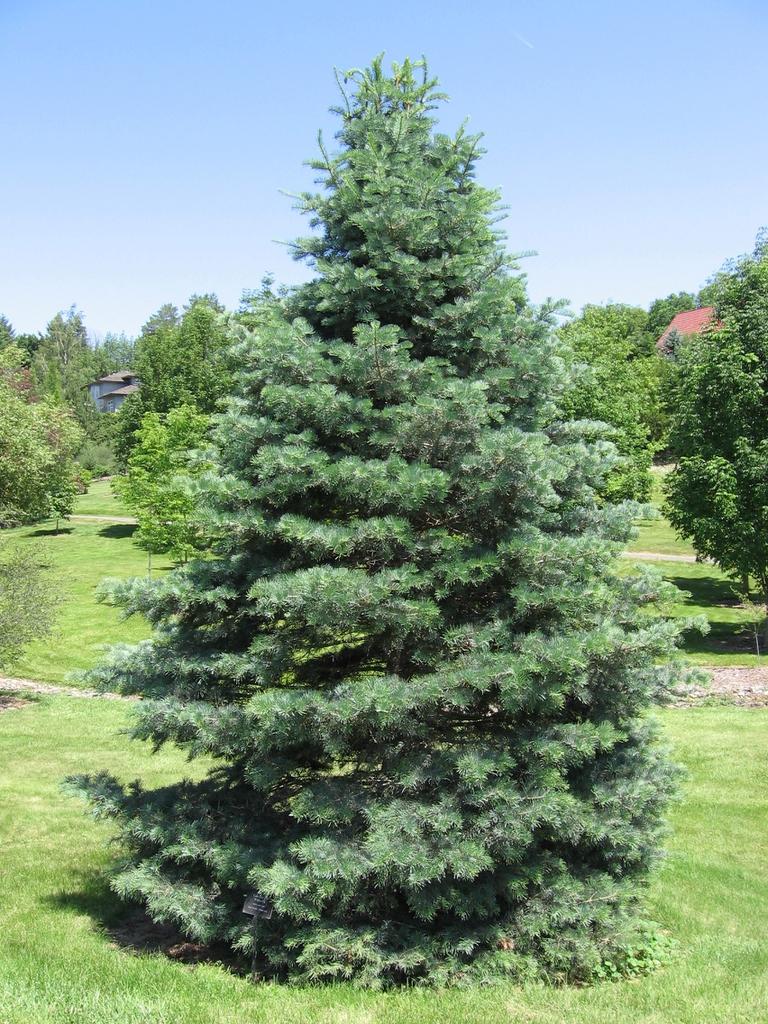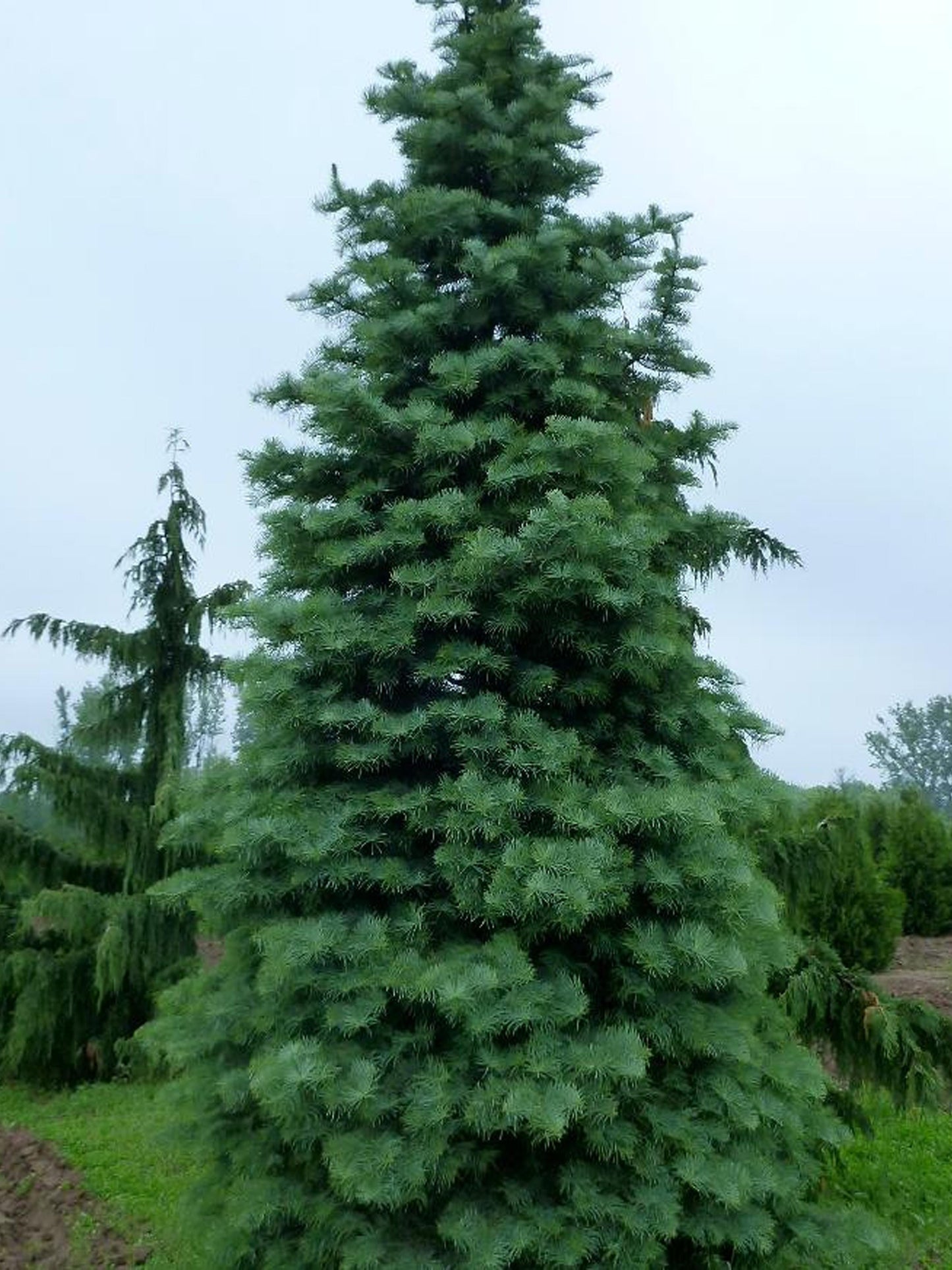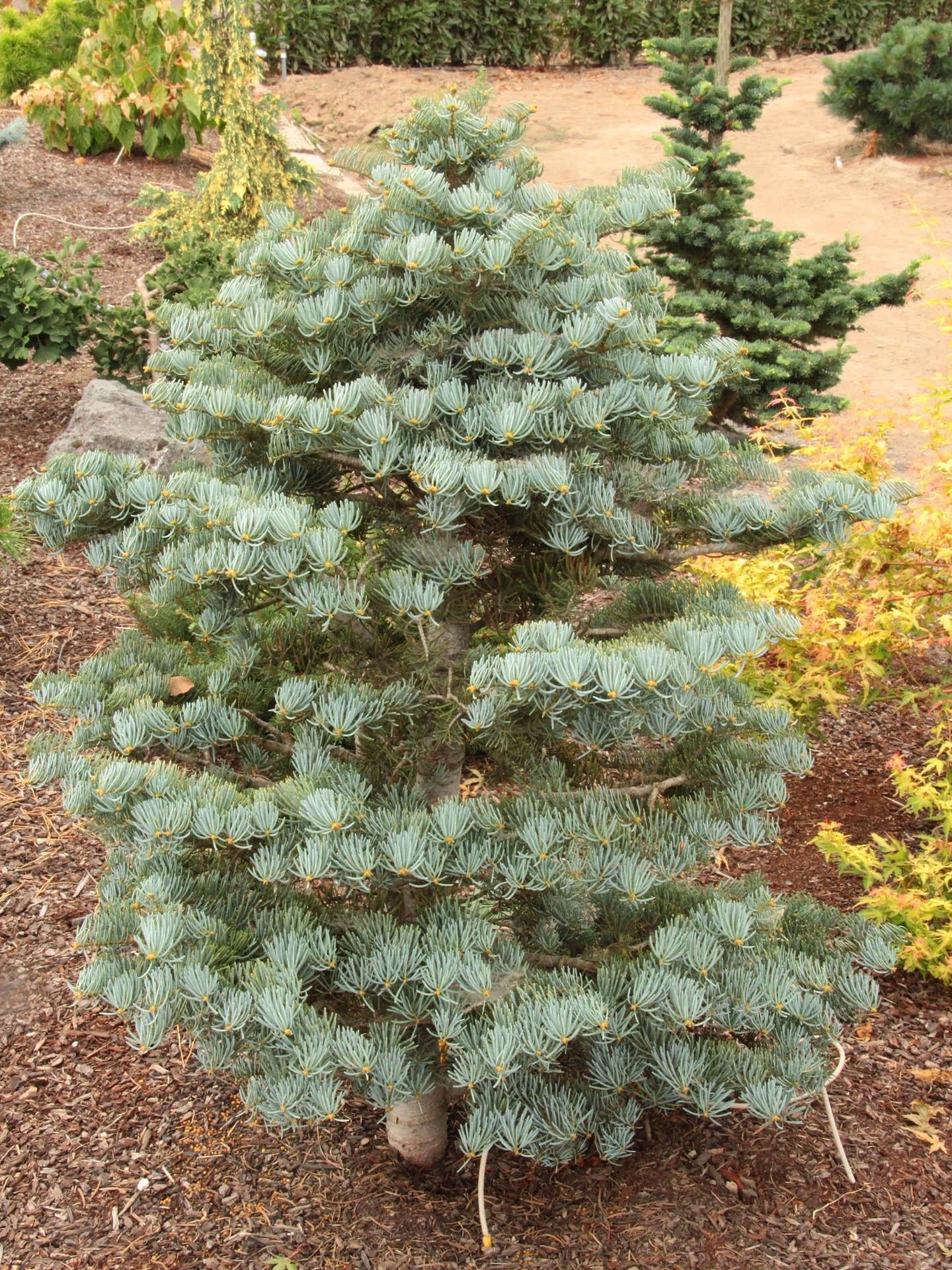1
/
of
22
White Fir–Abies concolor–Ornamental evergreen tree 7/8' h B&B
White Fir–Abies concolor–Ornamental evergreen tree 7/8' h B&B
Regular price
$1,460.00 USD
Regular price
$1,898.00 USD
Sale price
$1,460.00 USD
Unit price
/
per
Shipping calculated at checkout.
SKU:nte0072-redcrocus
Couldn't load pickup availability
Abies concolor
Description
Abies concolor, commonly known as the White Fir, is a majestic evergreen tree known for its soft, silvery-blue needles and symmetrical shape. It is native to the mountainous regions of the western United States and is valued for its ornamental beauty and adaptability to various landscapes.
Suggested Uses
White Fir is ideal for use as a specimen tree in large gardens and parks. It can also be used in windbreaks, as a Christmas tree, or in reforestation projects due to its resilience and attractive appearance.
Plant Details
-
 Botanical Name: Abies concolor
Botanical Name: Abies concolor -
 Common Name: White Fir
Common Name: White Fir -
 Size & Growth: 40-70 feet tall and 20-30 feet wide
Size & Growth: 40-70 feet tall and 20-30 feet wide -
 Hardiness Zones: 3-7
Hardiness Zones: 3-7 -
 Foliage Type: Evergreen
Foliage Type: Evergreen -
 Bloom Time: Non-flowering
Bloom Time: Non-flowering -
 Growth Rate: Slow to moderate
Growth Rate: Slow to moderate -
 Light Requirements: Full sun to partial shade
Light Requirements: Full sun to partial shade -
 Attracts Pollinators: No
Attracts Pollinators: No -
 Indoor Friendly: No
Indoor Friendly: No -
 Container Friendly: No
Container Friendly: No -
 Deer Resistant: Yes
Deer Resistant: Yes -
 Pet Warning: Non-toxic
Pet Warning: Non-toxic -
 Fragrant: Yes, pleasant resinous scent
Fragrant: Yes, pleasant resinous scent -
 Cut Flower: No
Cut Flower: No -
 Grows Well With: Other conifers and large shrubs
Grows Well With: Other conifers and large shrubs
Care Tips
-
 Planting Instructions: Plant in spring or fall in a location with well-drained soil.
Planting Instructions: Plant in spring or fall in a location with well-drained soil. -
 Soil Moisture: Keep soil consistently moist but not waterlogged.
Soil Moisture: Keep soil consistently moist but not waterlogged. -
 Soil Type: Prefers sandy, loamy, or clay soils with good drainage.
Soil Type: Prefers sandy, loamy, or clay soils with good drainage. -
 Humidity: Tolerates a range of humidity levels.
Humidity: Tolerates a range of humidity levels. -
 Pruning Instructions: Minimal pruning required; remove dead or damaged branches as needed.
Pruning Instructions: Minimal pruning required; remove dead or damaged branches as needed. -
 Winter Care: Mulch around the base to protect roots in colder climates.
Winter Care: Mulch around the base to protect roots in colder climates. -
 Planting Depth: Plant at the same depth as the root ball.
Planting Depth: Plant at the same depth as the root ball. -
 Fertilization: Fertilize in early spring with a balanced fertilizer.
Fertilization: Fertilize in early spring with a balanced fertilizer. -
 Special Care: Protect from strong winds to prevent damage to branches.
Special Care: Protect from strong winds to prevent damage to branches.
Share
